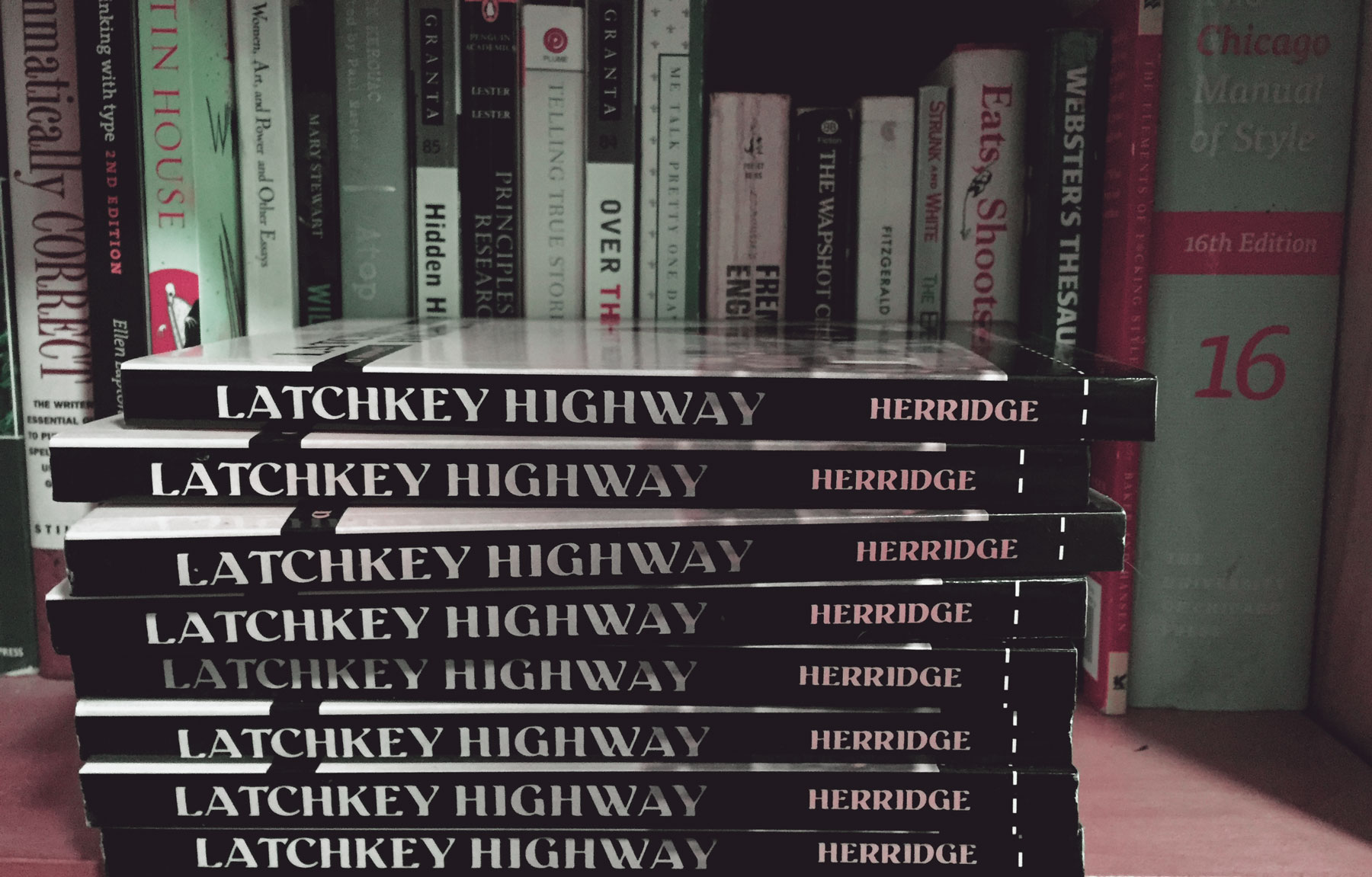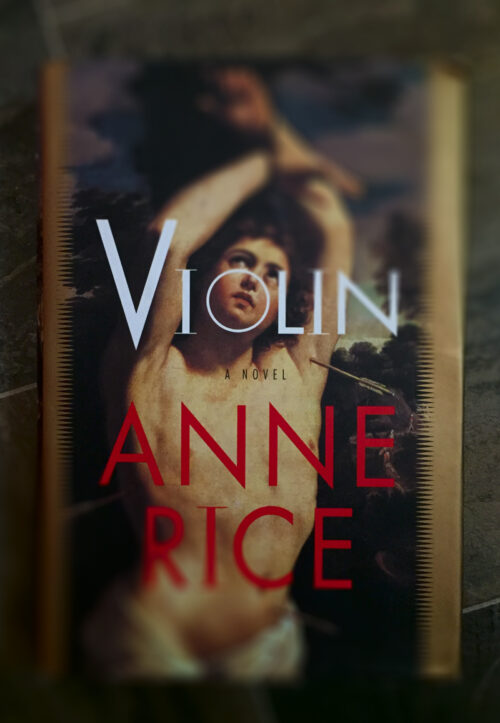I devoured Rice’s work in the 90s, I love gothic horror as much as the next gal. I picked this up at a yard sale, never having heard of it and looked through the reviews online. Holy cow, are they polarized. Anyway, I dug in.
Here’s the short version of my impression: it’s a slow-burn portrait of profound sorrow. The prose is luscious and poetic—Rice, distilled. A widow in her early-fifties is haunted by the specter of a virtuoso from another era and his ethereal music as she manages her grief. She herself had played the violin, but not so well.
Sorrow is a permeating theme.
She listened with glistening tears, oh, yes, the requisite tears, the eternal tears, let tears be as frequent in this narrative finally as any common everyday word. let the ink turn to tears. Let the paper be soft with them.
FYI, where she says, “this narrative,” she (the narrator, the MC) is referring to the scene, not the book itself. The entire first four-fifths of Violin is exposition. The ‘action’ starts when you’re pretty much almost done with the book. I’m not saying that’s a good or bad thing, just an interesting note.
Bold of her to write about music, and from a specific instrument, but I suppose if any writer could find the right words, she could.
It was a lustrous song I couldn’t name, perhaps his own, dipping into the dissonance that marks even the early music of our own century, a twist, a throb, a thundering protest of nature and of death. She cried. She lay her head against green velvet, a stylish creature, as if painted on stained glass in her frivolous gown, her pointed shoes, her soft ringlets of red hair.
This is classic Rice; storylines and vignettes across the ages, and sumptuous gothic settings, of course.
MILD SPOILER AHEAD
I expected a crescendo of horror in the finale, but none came. I would describe the wrap-up as her version of a ‘happy ending.’ This interpretation reveals something about myself. I’ve read a number of books—even memoirs—where the author has tacked on a tidy, feel-good wrap-up to what was otherwise a dramatic or downright dark narrative. I always notice it, and I’m usually disappointed by it. I’ve even done it, so I understand the reasoning, but I’m no less irked when it’s from my own pen. To me, life is mostly banality at best, and at worst a fair amount of misery, with maybe a handful bright spots. Where the hell are these gratifying conclusions coming from? The suffering doesn’t just… cease.
This book isn’t for everyone, it isn’t even for every Anne Rice reader. I’ll confess something to you right here and now; I’m one of those readers who doesn’t always finish a book. I’ve probably only made it through about one in every five or six books I’ve started. Violin is one that I should have wandered away from, but somehow I made the journey. I’m glad I did.

